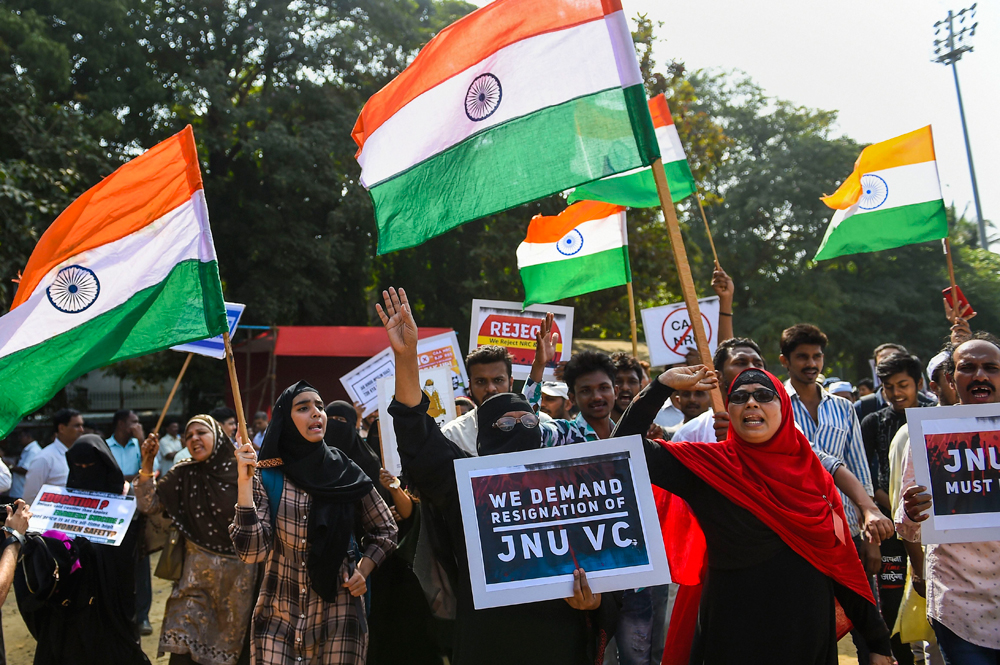In response to a batch of petitions filed by some colleges and private schools, the Kerala High Court upheld the plea to ban agitations of all kinds — including strikes, sit-ins, rallies and gheraos — by students in campuses on the grounds that nothing should be allowed to override their fundamental right to study. It is pertinent to note the nature of the petitions on which the ruling is based. The petitioners argued that the court’s earlier ban on campus politics has not been properly implemented, as a result of which strikes were taking place regularly during class hours. The petitions, thus, were seeking to establish a correlation between student agitations and disruptive activism. The court seems to have agreed with this principle, saying that students cannot be forced to participate in strikes that get in the way of the running of classes. The establishment of the primacy of consent on the part of the student is welcome. Even though protest is a right integral to the functioning of a democracy, the association between agitations and disorder cannot be wholly disregarded in the light of the steady politicization of student activism. Campus politics in Kerala itself has witnessed a number of violent episodes. For example, in 2018, an alleged altercation between the student wings of two political parties had led to the murder of an undergraduate student on campus.
But there is also a case to argue that the contrarian voice cannot be stifled. This is because such a right is not only consistent with the democratic tradition but also leads to the creation of a legitimate channel for students to express their grievances. The challenge, therefore, is to extricate activism and protest from violence so that they adhere to the template of democratic agitation. The court, too, has said that campuses must encourage peaceful discussions. This invaluable suggestion must be seriously contemplated by students and bona fide institutions representing students’ rights. These deliberations are of considerable significance at a time when dissent is being demonized in this democracy. Educational institutions are repositories of knowledge. They are mandated to encourage free and critical thinking. The dissemination of such knowledge leads to students becoming socially and politically aware citizens who could play an active role in public life.












